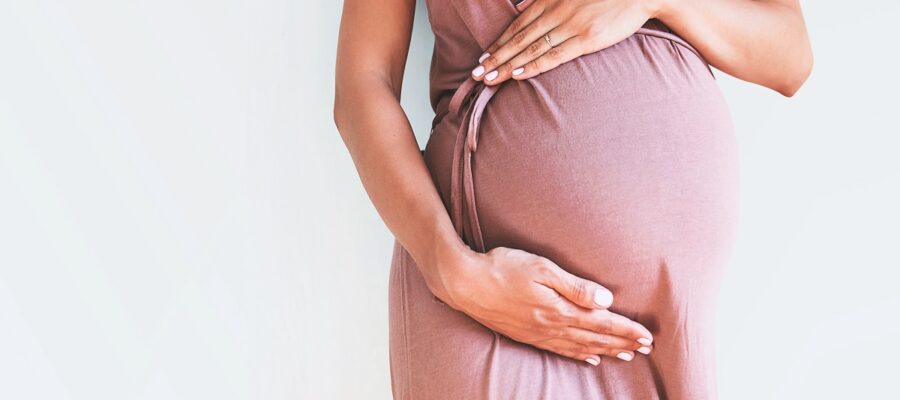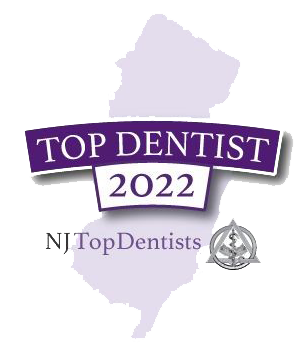
Headaches During Pregnancy: Causes and Safe Treatments

Women suffer from headaches more frequently than men. Data from the American Migraine Foundation show that 18 percent of women and 6.5 percent of men suffer from migraines. The prevalence of headaches among women makes it no surprise that stress and hormonal changes, like those experienced during pregnancy, can increase the occurrence of headaches during pregnancy. Nearly 40 percent of women experience headaches during or immediately following pregnancy.
Take a moment to learn about the common causes and treatments for pregnancy-related headaches from Drs. Ivan and Allen Stein of the Headache & TMJ Center of New Jersey.
Causes of Headache during Pregnancy
Headaches during pregnancy are often an isolated incident and not an indicator of any other symptom or condition. According to data from The Journal of Headache and Pain, 26 percent of headaches during pregnancy are tension headaches. The underlying cause and type of headaches that occur during pregnancy typically vary by the stage of the pregnancy.
Headaches in the First Trimester. During the first trimester of pregnancy, women experience significant changes to their hormone levels and blood volume. These changes can lead to a dull aching sensation that may be compounded by stress, fatigue, and eye strain commonly observed in the first 90 days of pregnancy. Sinus headaches are also quite common during the first trimester because nasal congestion is a frequent condition of early-stage pregnancy.
Headaches in the Second Trimester. Tension headaches are the most common type of headache during the second trimester. By now, your body has adjusted to the hormonal changes and blood volume increases, but the added weight, muscle strain and lack of sleep can contribute to recurrent headaches.
Headaches in the Third Trimester. Much like the second trimester, headaches in the third trimester of pregnancy are more closely related to changes in weight, posture, sleep and diet.
During the second and third trimester, some women may experience high blood pressure which can develop into a condition known as preeclampsia. A headache that does not go away and is coupled with symptoms like blurred or spotted vision, nausea or vomiting, or difficulty breathing should be addressed by a doctor right away. Preeclampsia is a serious condition that can be life-threatening to the mother and baby.
Safe Treatment for Headache during Pregnancy
Women who are pregnant should take extra precaution when treating a headache during pregnancy. Certain ingredients in over-the-counter medications are not safe and should be avoided.
Natural remedies for headache are recommended as a first line of defense for pregnant women experiencing headaches. Effective home remedies may include:
- Cold or warm compress at 10-minute intervals
- Soaking in a warm bath to release muscle tension
- Mild exercises, such as stretching, yoga or swimming
- Improved posture when sitting or standing
- Frequent breaks from screen time
- Adequate daily hydration
- Quality sleep and rest
- Head massage
- Reduced exposure to light
If natural remedies do not relieve the pain, acetaminophen is generally the recommended drug choice for women during pregnancy. However, you should always consult your doctor before taking any medications while pregnant. NSAIDs, or non-steroidal anti-inflammatory drugs (i.e., ibuprofen or aspirin), should not be taken during pregnancy, as these have been linked to congenital abnormalities in newborn babies.
If you are experiencing headaches during pregnancy and need additional support to find relief, the doctors of the Headache and TMJ Center of New Jersey are experts in effectively treating headache pain and discomfort. Schedule an appointment today to discover relief from frequent or recurrent headaches during pregnancy.

